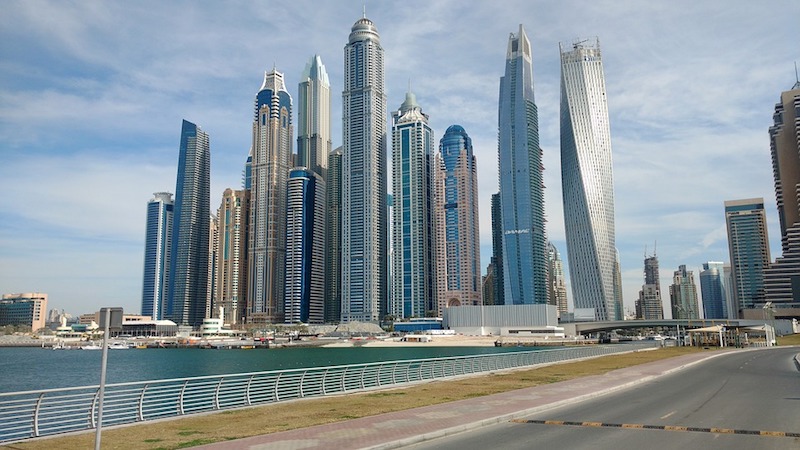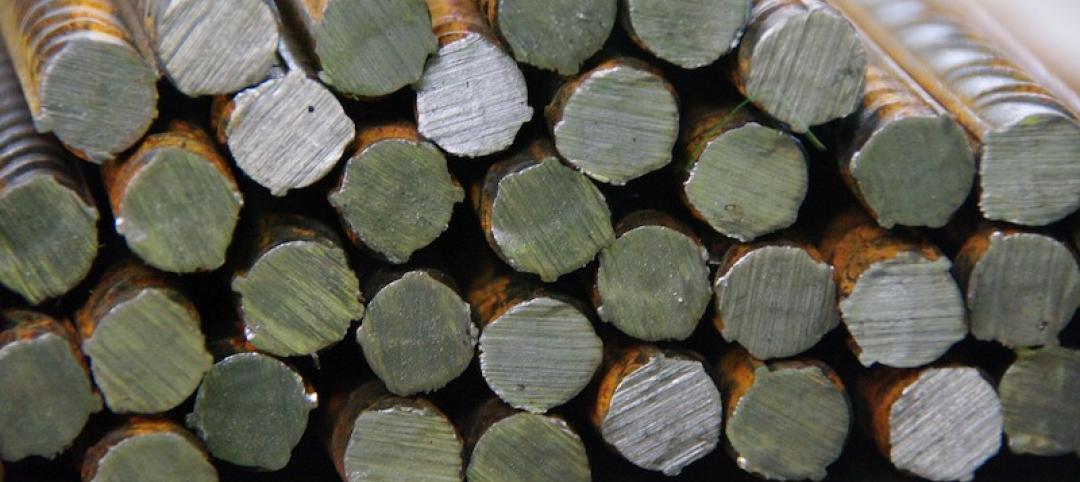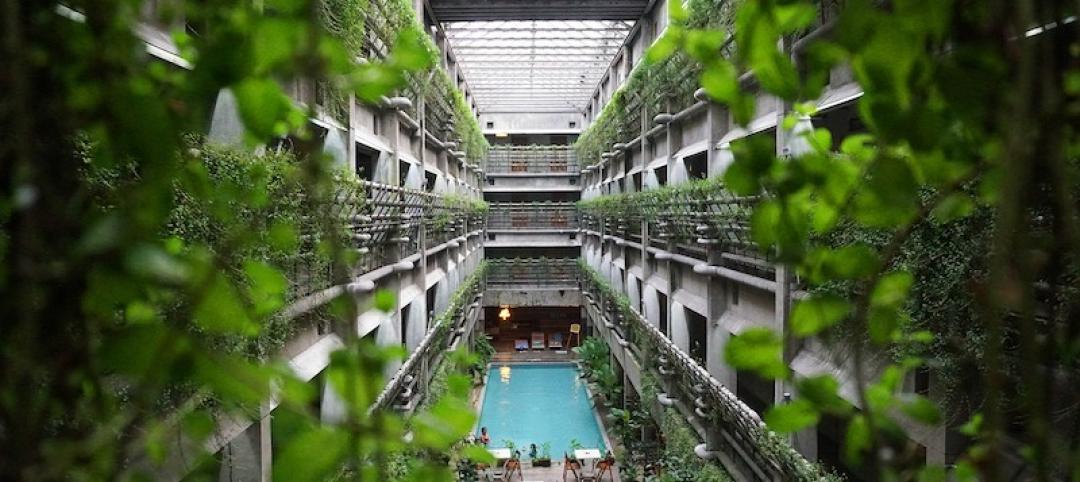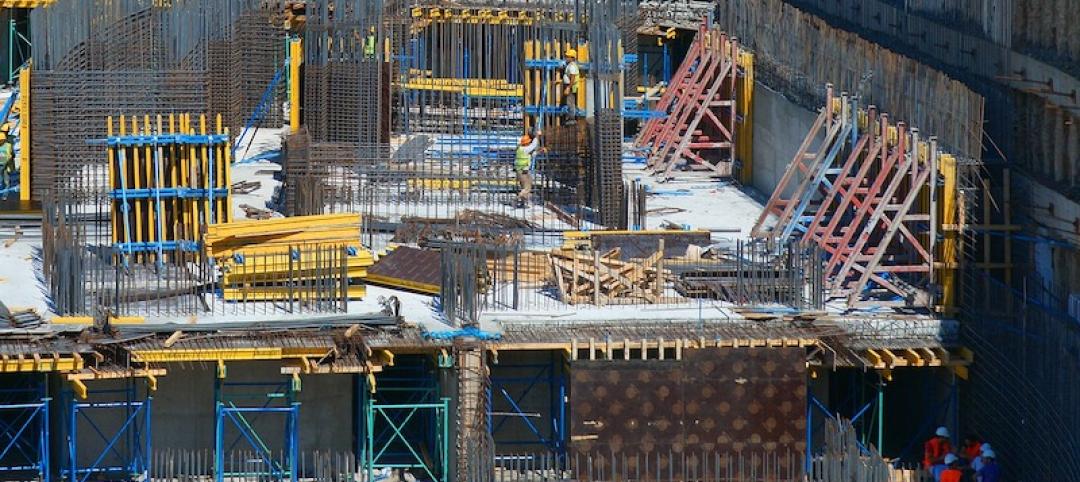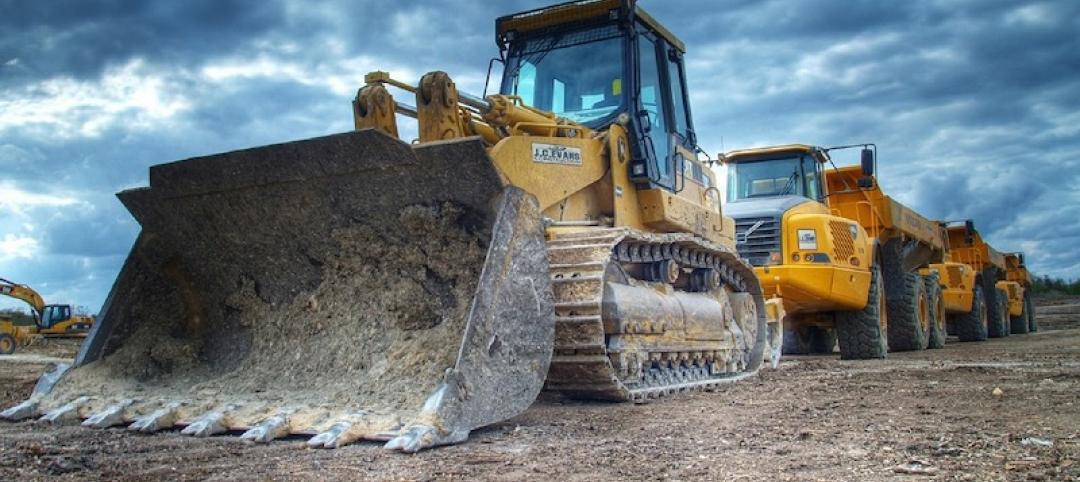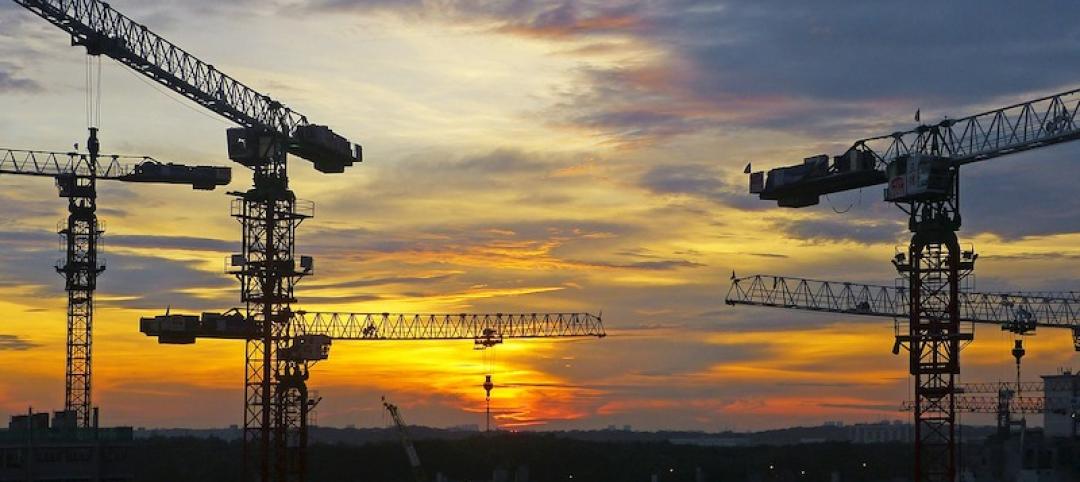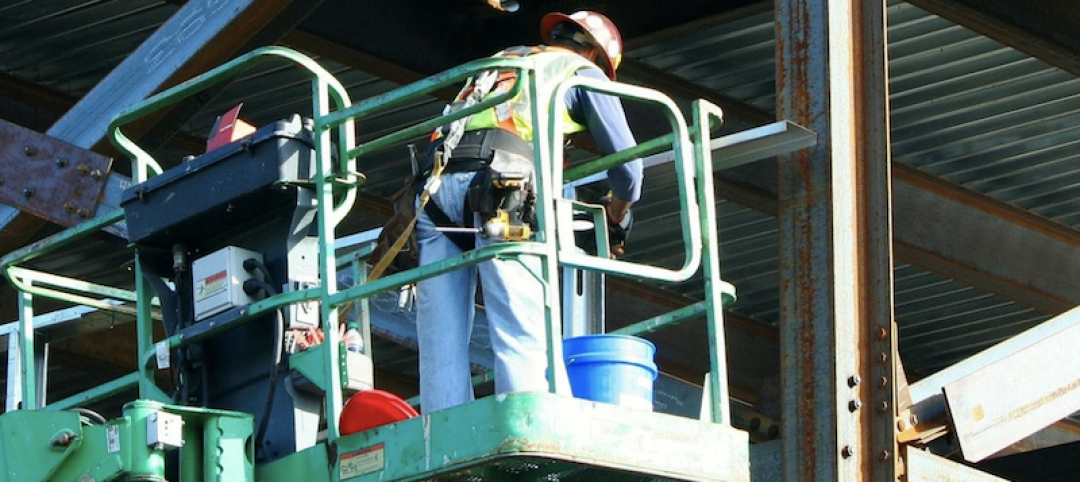Renewable energy has a mixed outlook in the Middle East and Africa (MEA) region, due to a reluctance to invest from some countries and an inability to afford renewables in others, according to GlobalData.
Several major MEA countries are actively supporting the growth of renewable energy through mechanisms such as renewable targets, renewable portfolio standards (RPS), feed in tariffs (FiTs) or auctions, net metering and tax exemptions or subsidies.
Anchal Agarwal, Power Analyst at GlobalData, says: “Most of the countries covered in MEA* have renewable energy targets, implying that these governments are actively supporting the growth of renewable energy in their respective countries. Some countries have capacity targets, while others have targets to achieve a fixed share of generation from renewable sources.”
Iran set a target in 2014 of 5 Gigawatts (GW) from wind and solar power, by 2020. In spite of this, renewable energy did not make much progress in the country. Hence, in January 2018, the government again declared a target of installing 1 GW of renewable energy projects every year from 2018 to 2022.
The availability of oil in the MEA region presents a major challenge to renewables. For example, in 2016, Saudi Arabia reduced its 2040 renewable goals from 50% to 10% of the country’s electricity supply. In April 2017, the country declared that it will develop 30 solar and wind projects over the next 10 years as part of the kingdom’s $50 billion program to boost power generation and cut its oil consumption.
Agarwal continues: “A noticeable observation in the MEA region is the growing popularity of the auction/tender mechanism to develop large-scale renewable projects. Countries such as Egypt, Iraq, Israel, Morocco, Qatar, Saudi Arabia, South Africa and UAE have auction mechanism for various renewable energy technologies. However, countries including Algeria, Iran, Kenya, Nigeria and Tanzania have already proposed the renewable auctions and they are expected to announce it within a year.”
FiTs and net metering are other major policy support mechanisms used by governments of Middle East & African countries to promote renewable energy. Six countries have FiT schemes for various renewable technologies, and Ghana and UAE are the only countries to have proposed a net-metering scheme.
* MEA countries covered = Algeria, Angola, Egypt, Ghana, Iran, Iraq, Israel, Morocco, Nigeria, Qatar, Saudi Arabia, South Africa, Syria and UAE.
Related Stories
Market Data | Jun 16, 2021
Construction input prices rise 4.6% in May; softwood lumber prices up 154% from a year ago
Construction input prices are 24.3% higher than a year ago, while nonresidential construction input prices increased 23.9% over that span.
Market Data | Jun 16, 2021
Producer prices for construction materials and services jump 24% over 12 months
The 24.3% increase in prices for materials used in construction from May 2020 to last month was nearly twice as great as in any previous year
Market Data | Jun 15, 2021
ABC’s Construction Backlog inches higher in May
Materials and labor shortages suppress contractor confidence.
Market Data | Jun 11, 2021
The countries with the most green buildings
As the country that set up the LEED initiative, the US is a natural leader in constructing green buildings.
Market Data | Jun 7, 2021
Construction employment slips by 20,000 in May
Seasonally adjusted construction employment in May totaled 7,423,000.
Market Data | Jun 2, 2021
Construction employment in April lags pre-covid February 2020 level in 107 metro areas
Houston-The Woodlands-Sugar Land and Odessa, Texas have worst 14-month construction job losses.
Market Data | Jun 1, 2021
Nonresidential construction spending decreases 0.5% in April
Spending was down on a monthly basis in nine of 16 nonresidential subcategories.
Market Data | Jun 1, 2021
Nonresidential construction outlays drop in April to two-year low
Public and private work declines amid supply-chain woes, soaring costs.
Market Data | May 24, 2021
Construction employment in April remains below pre-pandemic peak in 36 states and D.C.
Texas and Louisiana have worst job losses since February 2020, while Utah and Idaho are the top gainers.
Market Data | May 19, 2021
Design activity strongly increases
Demand signals construction is recovering.


